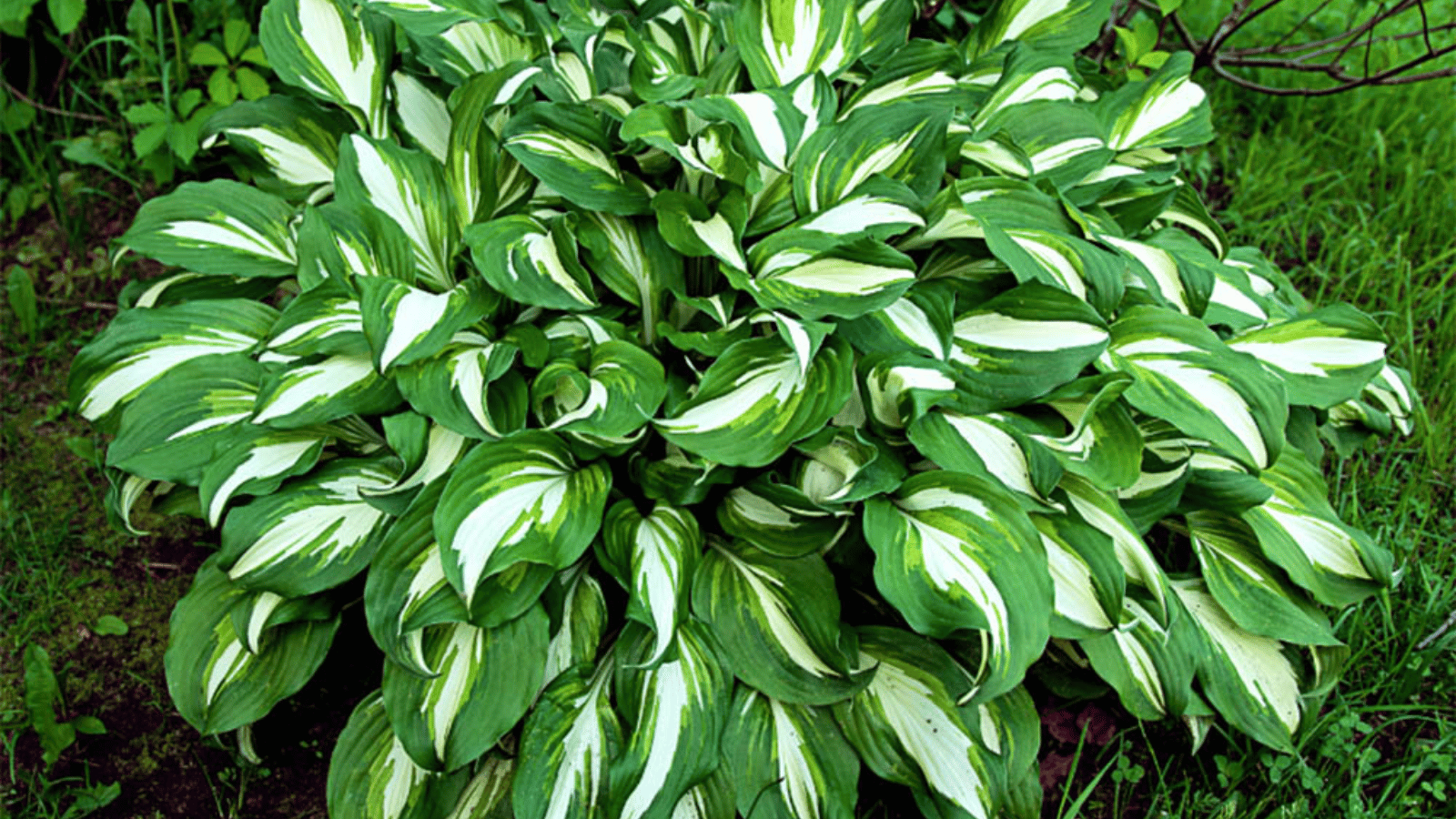Is Your Furry Friend in Danger? Find Out if Hostas are Poisonous to Dogs!
This article discusses the potential dangers of hostas for dogs and how to prevent them from consuming these plants. It explains that the leaves contain saponins which can be toxic in large amounts and lists symptoms of hosta poisoning, such as abdominal pain, vomiting, and seizures. It also outlines treatments such as inducing vomiting or administering activated charcoal and suggests taking preventive measures such as keeping the plants out of reach and monitoring pets when outdoors.
Introduction
Hostas are a common plant in many gardens, but did you know that they can be poisonous to dogs? In this article, we will discuss the dangers of hostas for dogs and what to do if your pet consumes them. We'll also explore the symptoms of hosta poisoning and how to prevent it from happening.
What Is a Hosta Plant?
Hosta plants are ornamental perennials that come in a variety of sizes, shapes, and colors. They have long, broad leaves that are usually green or variegated with yellow or white stripes. The leaves grow from a central stem and can reach up to two feet in length. The plant is native to China, Japan, and Korea but is now grown all over the world as an ornamental garden plant.

Are Hostas Poisonous To Dogs?
Yes, hostas can be toxic for dogs if ingested in large enough quantities. The leaves contain a substance called saponins which is toxic to both cats and dogs if eaten in large amounts. Saponins are found in many plants including onions and garlic, but their concentration is much higher in hostas than other plants making them more dangerous for pets if ingested.
Symptoms of Hosta Poisoning
If your dog eats a large amount of hosta leaves they may experience abdominal pain, vomiting, diarrhea, lethargy, weakness and even seizures depending on the amount consumed. If your pet has eaten any part of the hosta plant it is important to seek veterinary attention immediately as treatment needs to be administered as soon as possible to prevent further damage or death from occurring due to toxicity levels increasing over time within their system.
Treating Hosta Poisoning
If you suspect that your dog has eaten any part of the hosta plant it is important that you take them straight away for veterinary attention as soon as possible so that they can assess the situation and provide treatment accordingly such as inducing vomiting or administering activated charcoal to absorb any toxins still present in their system before giving IV fluids or other medications depending on the severity of symptoms present at the time of assessment.
How To Prevent Hosta Poisoning
The best way to prevent hosta poisoning is by not allowing your pet access to these plants at all times and making sure they are kept out of reach so that they cannot consume them even accidentally by brushing against them while playing or exploring their environment outside etcetera. Additionally it's important not only keep an eye on your pet when outdoors but also check regularly for any signs of ingestion such as vomit or diarrhea around where you believe they may have been exposed too just so you can be sure they haven't consumed anything toxic while outdoors.
Related Article: Are Egg Shells Good for Dogs?
Conclusion
In conclusion, hostas can be poisonous for pets if ingested in large enough quantities. It’s important that you take precautions such as keeping them out of reach, monitoring your pet when outdoors, and seeking veterinary attention immediately should you suspect ingestion. By following these steps, you can help ensure your pet’s safety when dealing with potentially dangerous plants like hostas."
Frequently Asked Questions
What happens if a dog eats hostas?
Hosta saponins which are toxic to pets cause gastrointestinal disturbances after ingestion of bitter-tasting phytochemicals. Vomiting and diarrhea are common clinical manifestations but lethargy and anorexia may also occur. Pets with mild symptoms that heal quickly do not require veterinary care.
How do I get my dog to stop eating my hostas?
Dogs dislike both the smell and taste of citrus fruits like lemon, lime and grapefruit. You can also fence off your hostas to create an obstruction. If you don't like the aesthetics, consider creating a makeshift "garden moat” filled with pine cones to guard your hostas.Sep 8, 2020
What do I do if my dog eats a hosta flower?
If your dog has eaten a hosta plant, he may begin to have abdominal pain and signs shortly thereafter. It is important to take him to the veterinarian so he can be closely monitored and treated for saponin toxicity.
Are hosta leaves poisonous?
While they are indeed safe for human consumption, hostas are toxic to cats and dogs. A common trick to prevent accidental munching is to spray the foliage with a lemon juice mixture.
Are hostas poisonous to humans?
While usually grown for ornamental purposes, all species of hosta are edible, and are grown as vegetables in some Asian cultures. However, hostas may be toxic to dogs, cats, and horses if consumed in large quantities because some contain saponins. Symptoms include vomiting and diarrhea.
What plants are bad for dogs to eat?
English Ivy, both leaves and berries (Hedera helix) Mistletoe (Viscum album) Oleander (Nerium oleander) Thorn apple or jimsonweed (Datura stramonium)Jun 12, 2019

